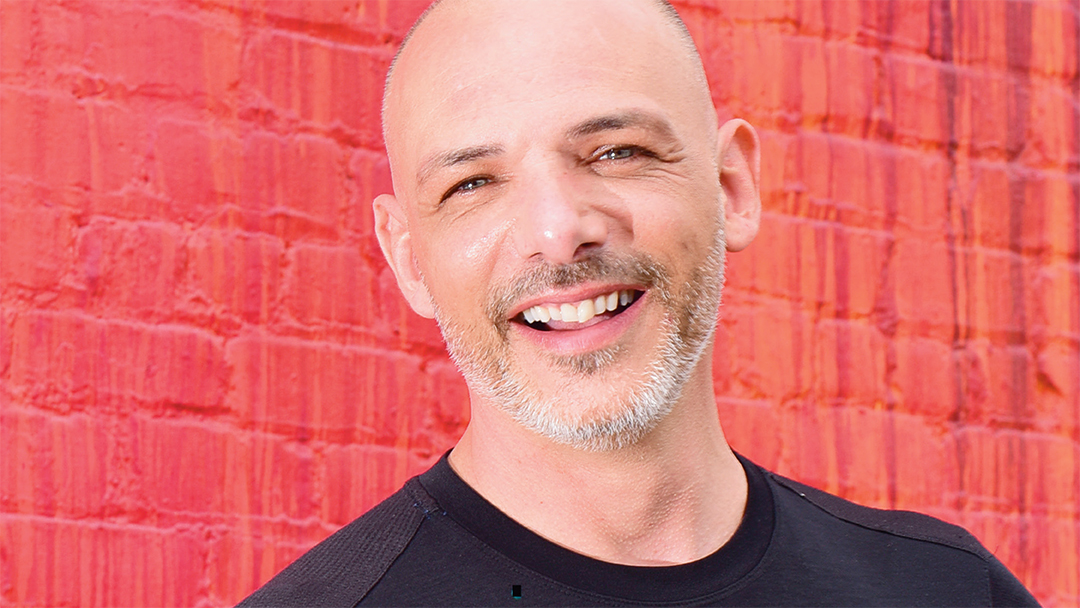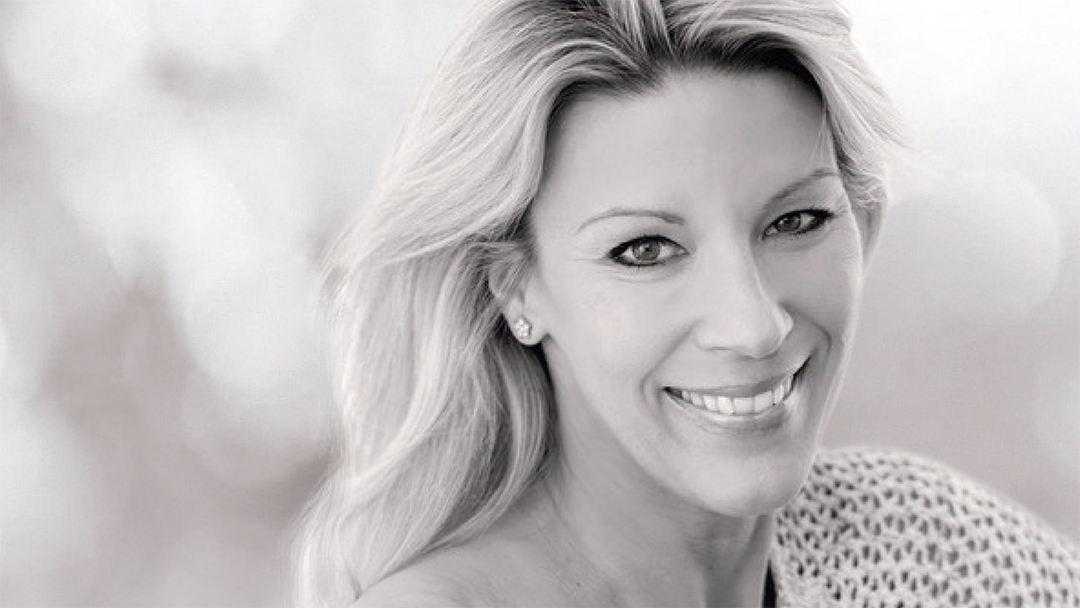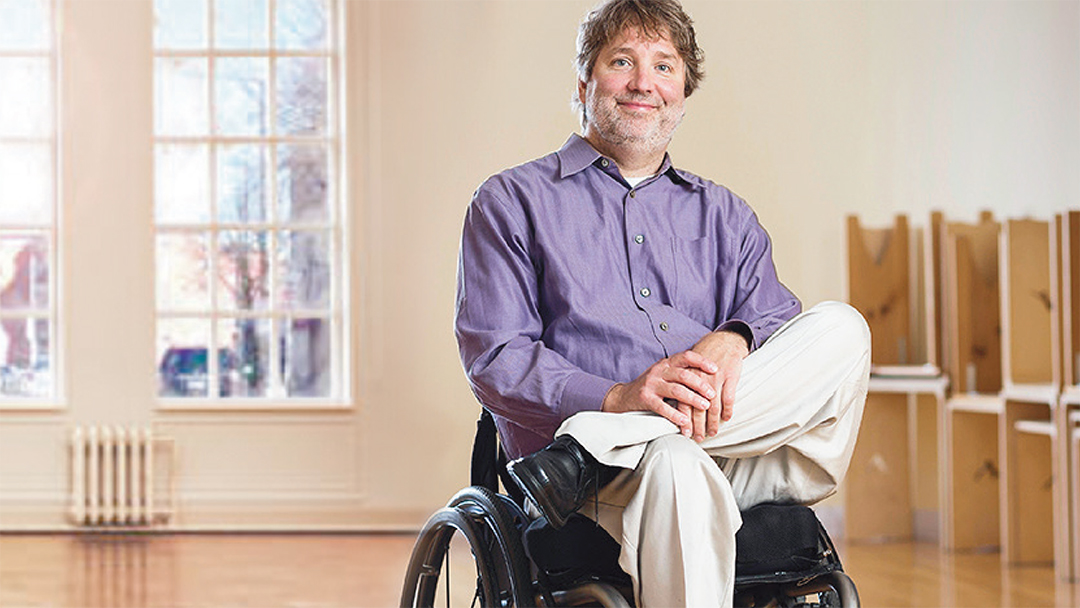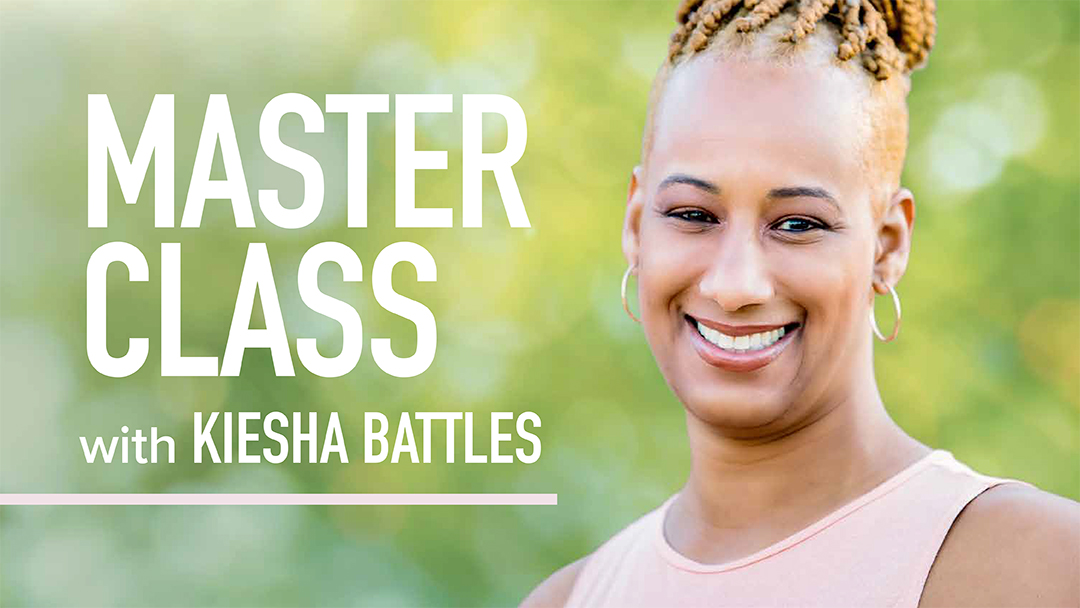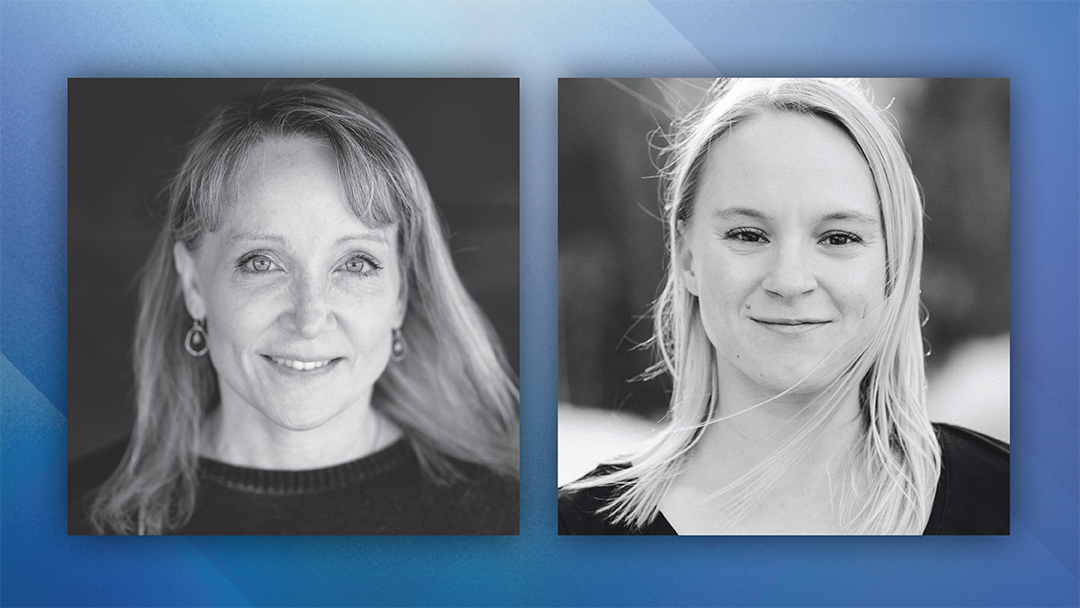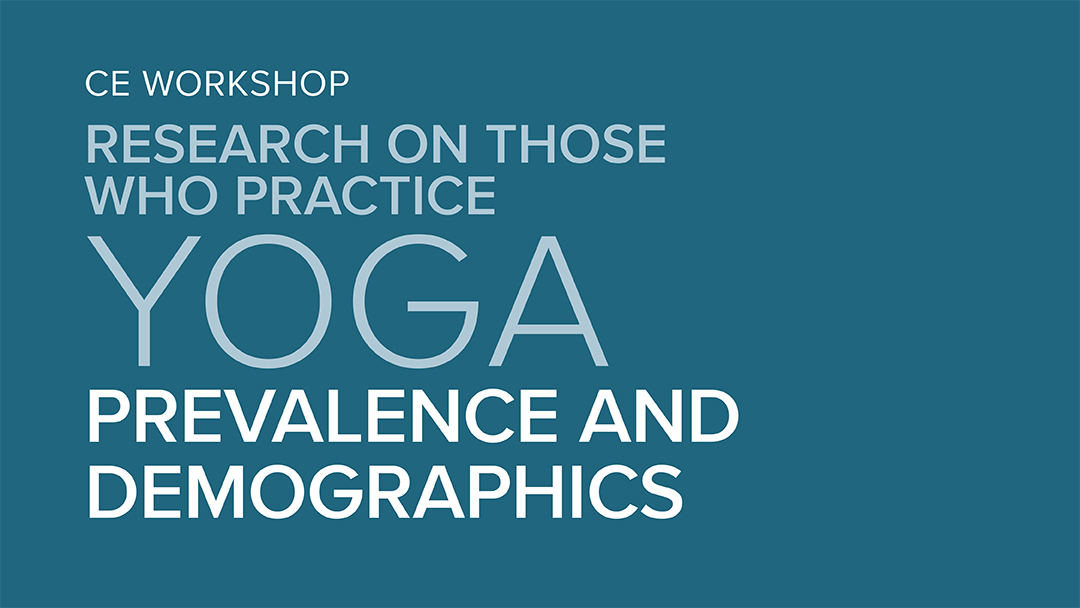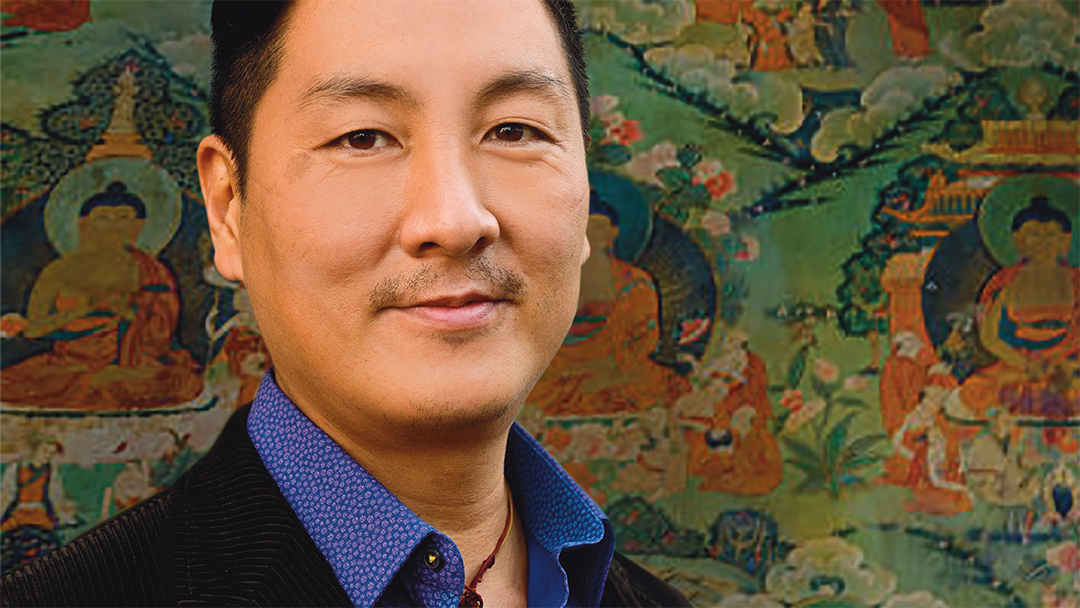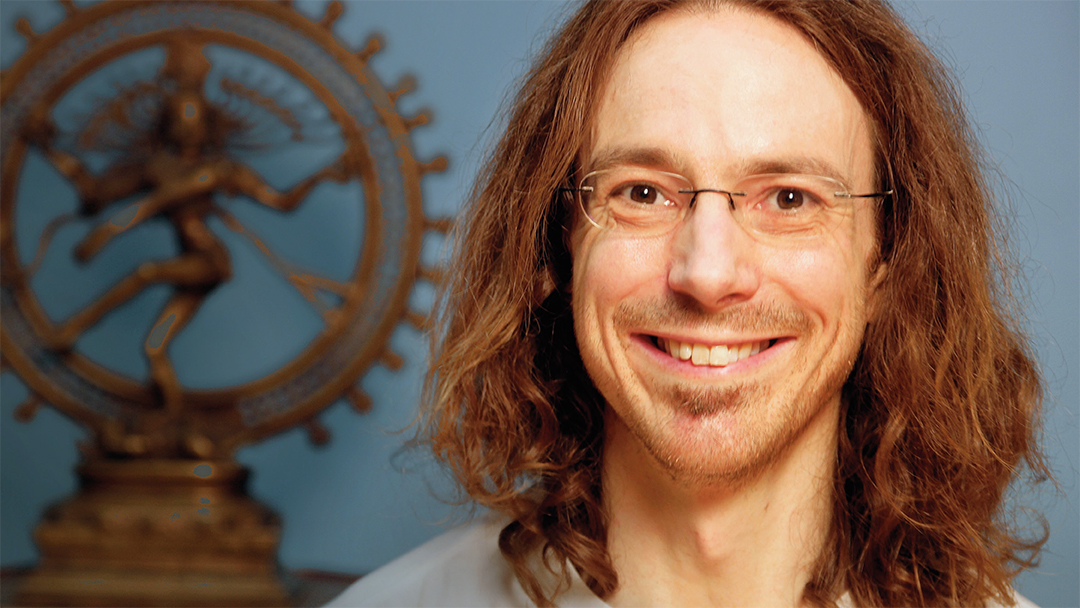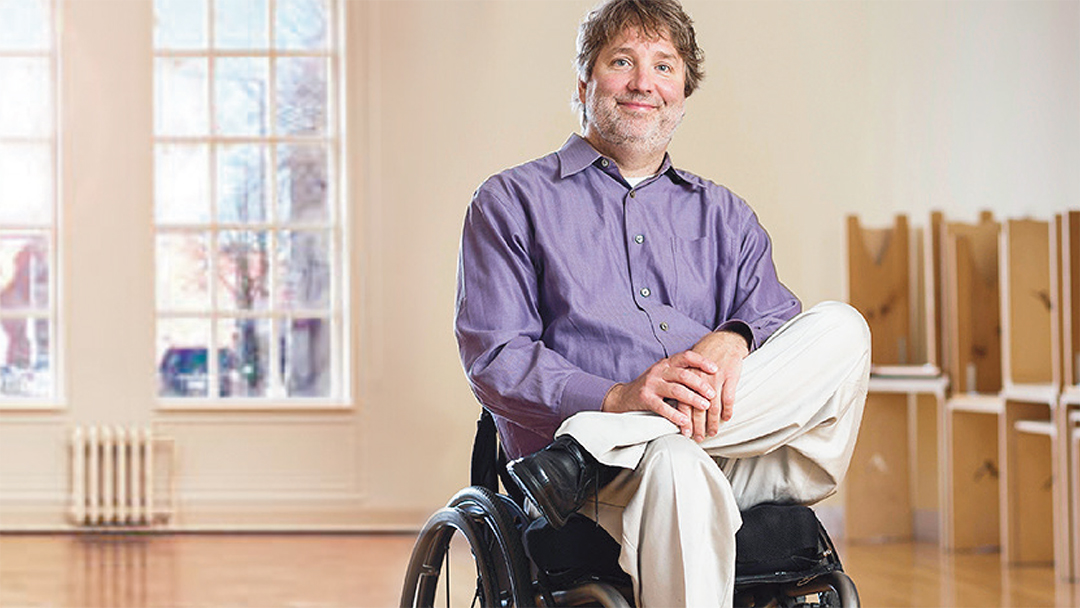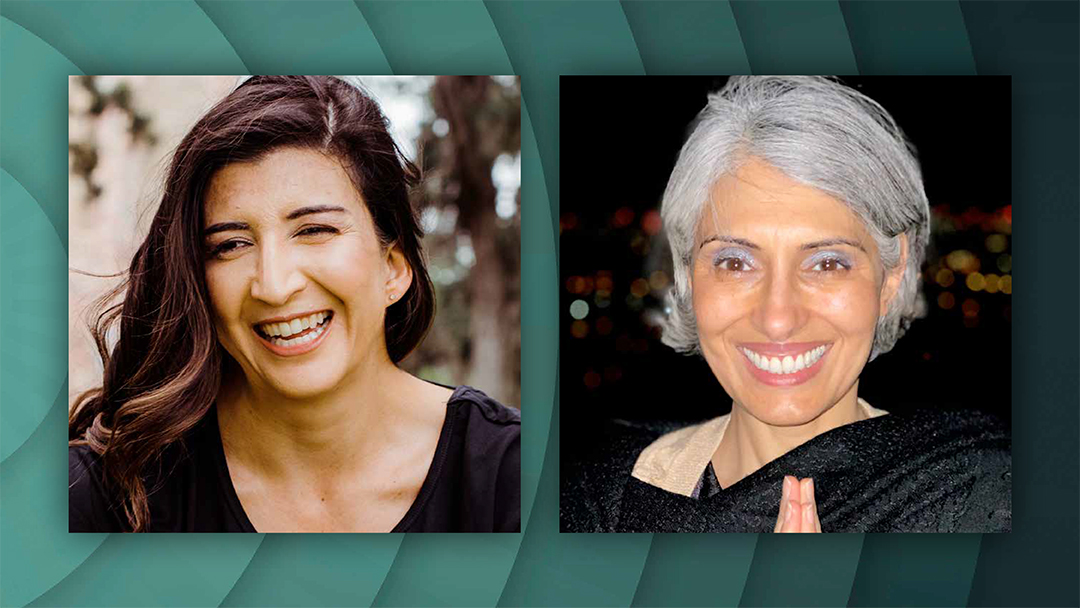CE Workshop | Embody the Principles of Yoga in Your Asana Sequencing
Learn how to sequence yoga philosophy into your asana classes and integrate lessons from the Yoga Sutra. This workshop illustrates how to develop a process for teaching a yoga philosophy concept or principle by introducing it at the beginning of class, providing a corresponding movement experience, layering in specific language, and adding in pranayama or meditation experiences.


